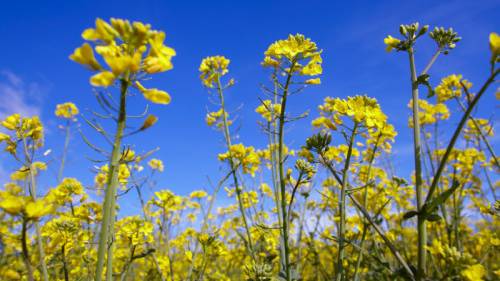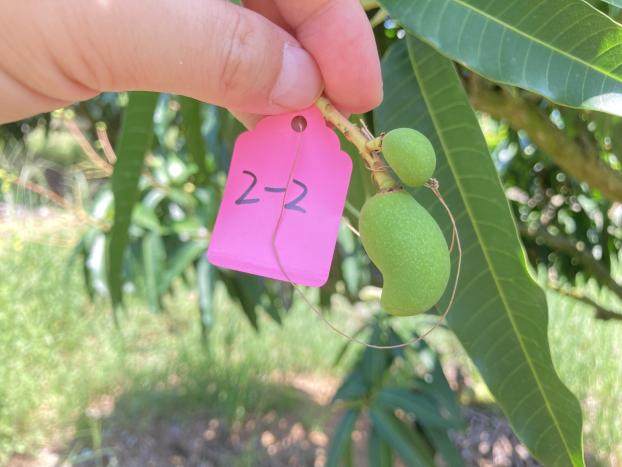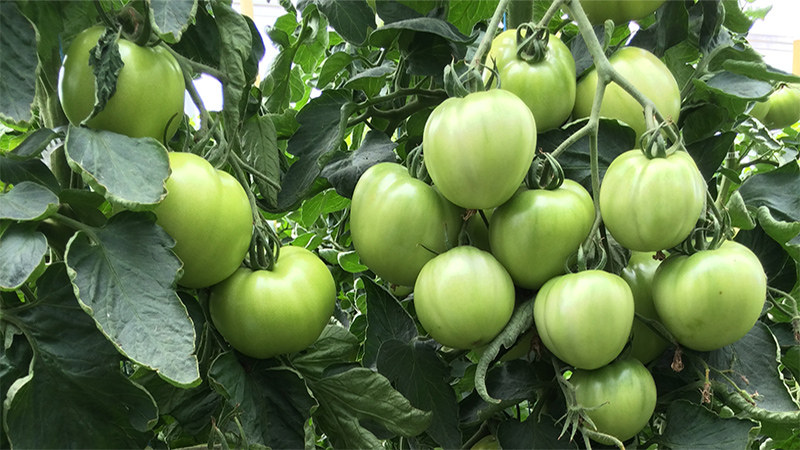New Molecules At BCPC
BASF presented its fungicide orysastrobin as well as Nihon Nohyaku’s insecticide, metaflumizone. Orysastrobin, which was launched as Arashi in Japan and South Korea this year, controls the rice diseases leaf and panicle blast (Magnaporthe oryzae) and sheath blight (Thanatephorus cucumeris). It is the fourth strobilurin fungicide, and has has protective, curative, translaminar, and systemic properties.
Metaflumizone was discovered by Nihon Nohyaku and is being co-developed globally with BASF. The ai received its first approval in Colombia last year, and has since been registered in Austria, Germany, and Indonesia, and further approvals are expected between 2007 and 2010 in other countries.It provides broadspectrum control against lepidopteran, coleopteran, and hemipteran pests, including armyworms, diamondback moths (Plutella xylostella), Colorado potato beetles (Leptinotarsa decemlineata), corn rootworms (Diabrotica spp), flea beetles, and Lygus spp bugs.
Dow AgroSciences described its new fungicide meptyldinocap as well as its insecticide spinetoram. Meptyldinocap, a single-isomer version of the established fungicide dinocap, got its first approvals in Romania, Italy, Chile, and the UK this year, with more expected in Europe, Africa, and India. Its main use is to control grapevine powdery mildew (Uncinula necator), but it can also be used on cucurbits and strawberries.
The insecticide spinetoram is a second-generation spinosyn product from the same family as spinosad. It received its first approvals in New Zealand and the US approval in October, and registrations Canada and Mexico are expected by mid-2008. It will be sold as Delegate for use on pome and stone fruit and as Radiant for grapevines and vegetables. It controls pests such as codling moths (Cydia pomonella), oriental fruit moths (C molesta), and pear psyllids (Psylla spp),and is active against armyworms (Spodoptera spp) and most other lepidopteran pests on vegetables, along with thrips and leafminers.
Bayer CropScience presented its fruit insecticide spirotetramat, which is expected to be registered in the US next year for use on citrus, pome and stone fruit, grapevines, tree nuts, vegetables and hops, and in a combination product with imidacloprid in Brazil for use on cotton, soybeans, and vegetables to control sucking insects such as whiteflies, aphids, scales, mealybugs, psyllids, and certain thrips.
DuPont Crop Protection also described a new fruit insecticide, chlorantraniliprole (sold as Rynaxypyr). It achieved its first approval in the Philippines this year, and is expecting worldwide registrations. DuPont described the ai’s use in Europe, where it is intended for foliar applications in top fruit, vegetables, grapevines, and potatoesto control insects such as codling moths, oriental fruit moths, corn borers (Ostrinia nubilalis), and armyworms, and it also controls some coleopteran, dipteran, and isopteran pests.
Finally, Japan-based Otsuka is developing the acaricide cyflumetofen for worldwide use. It expects to gain approval in Japan this month, and will attempt to gain further approvals in South America, the EU, and some other Asian countries.





